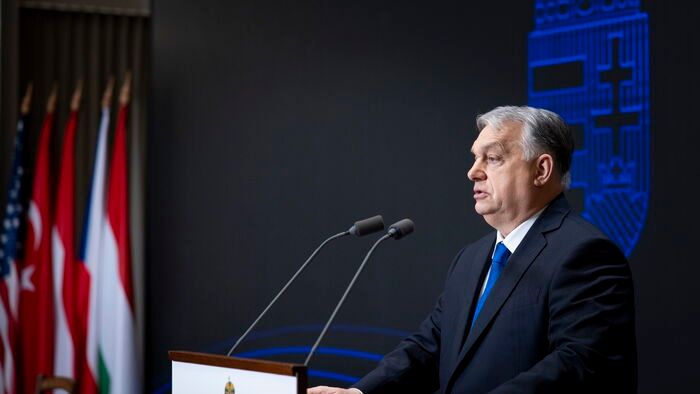The 13th month pension is arriving in the accounts today, with a total of 535 billion forints being spent on the benefit from the budget (487.1 billion forints of which for those receiving pension benefits). The government began to restore the payment of the 13th month pension in 2021. The decision was for a gradual reinstatement, but in 2022, instead of the planned two-week benefit, those entitled to it received the full monthly amount. A year before the 2022 parliamentary elections, Prime Minister Viktor Orban stated that he wanted to face the people having given back what the leftist-liberal government had taken from them before 2010. It is worth recalling how the extra one-month benefit was revoked in 2009.

Gordon Bajnai held several positions in the government led by Ferenc Gyurcsany, and after its fall, he took over at the helm in mid-April 2009. Before this, the country had been saved from bankruptcy by the International Monetary Fund, the World Bank and the European Commission, and the decision-makers primarily tackled the problems with austerity measures. These measures did not spare the older generations. Gordon Bajnai's program included, among other steps:
- the postponement of the 2009 pension adjustment to January 1, 2010,
- the elimination of the reduced pension adjustment in 2010,
- the withdrawal of the second installment of the 2009 13th month pension,
- the abolition of the 13th month allowance from 2010.
Fidesz, an opposition party at the time, considered all of this unacceptable. They did not agree with the abolition of either the 13th month pension or the 13th month salary in the public sector, nor did they support the reduction of family allowance, childcare benefit (GYED), or childcare allowance (GYES). The party labeled the government illegitimate because it had not received a mandate from the voters to exercise power or to implement austerity measures.
When MPs voted to abolish the 13th month pension
On May 11, 2009, the National Assembly passed the proposals that adversely affected pensioners, with the support of MPs from the Socialists (MSZP) and the Free Democrats (SZDSZ). Calculations at the time showed that the pension-related austerity measures took 100 billion forints from the elderly in 2009 and more than 280 billion forints in 2010. The largest item in this amount was the abolition of the 13th month pension, which would have meant a total benefit of 160 billion forints in 2009–2010.























Szóljon hozzá!
Jelenleg csak a hozzászólások egy kis részét látja. Hozzászóláshoz és a további kommentek megtekintéséhez lépjen be, vagy regisztráljon!